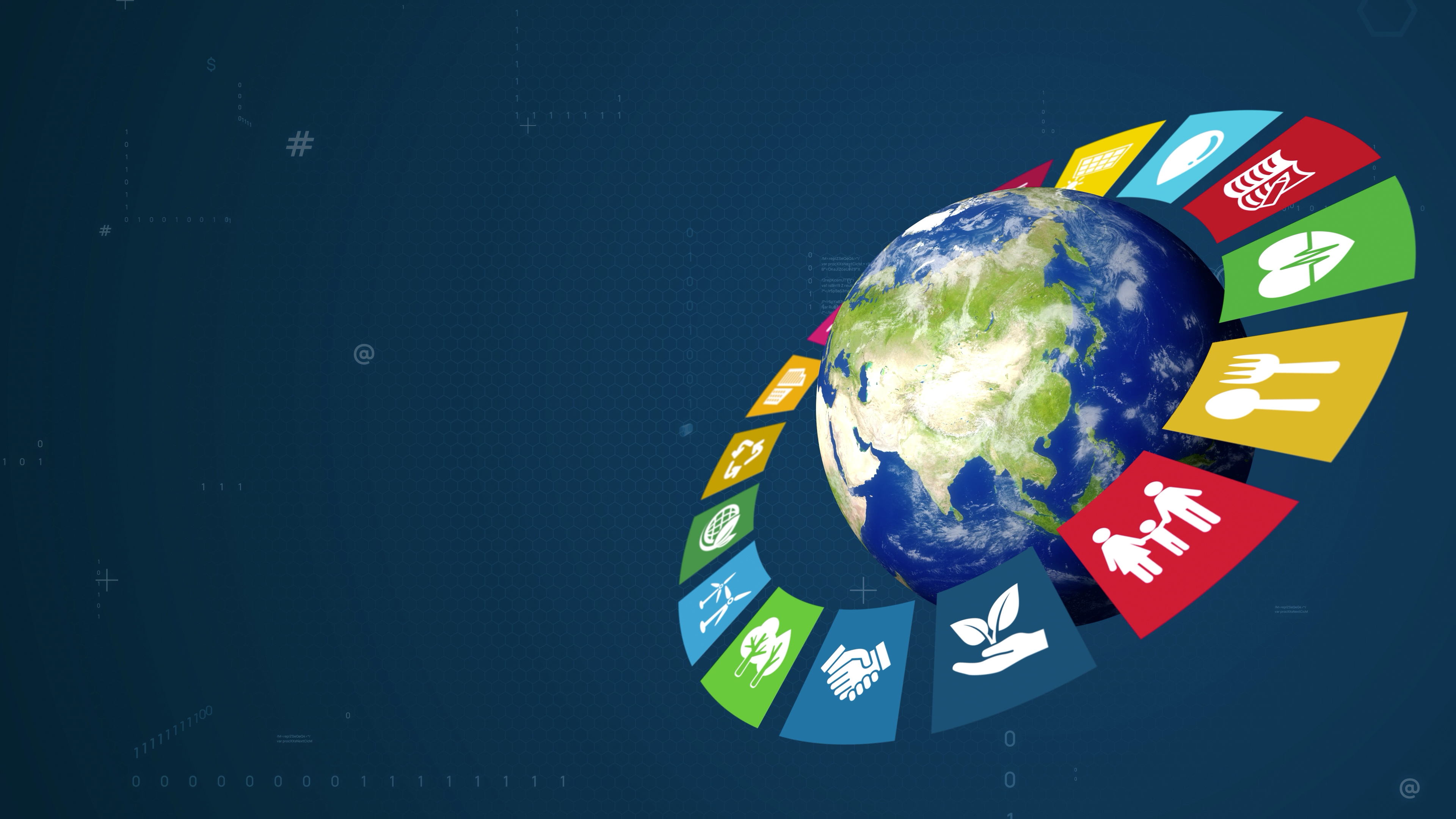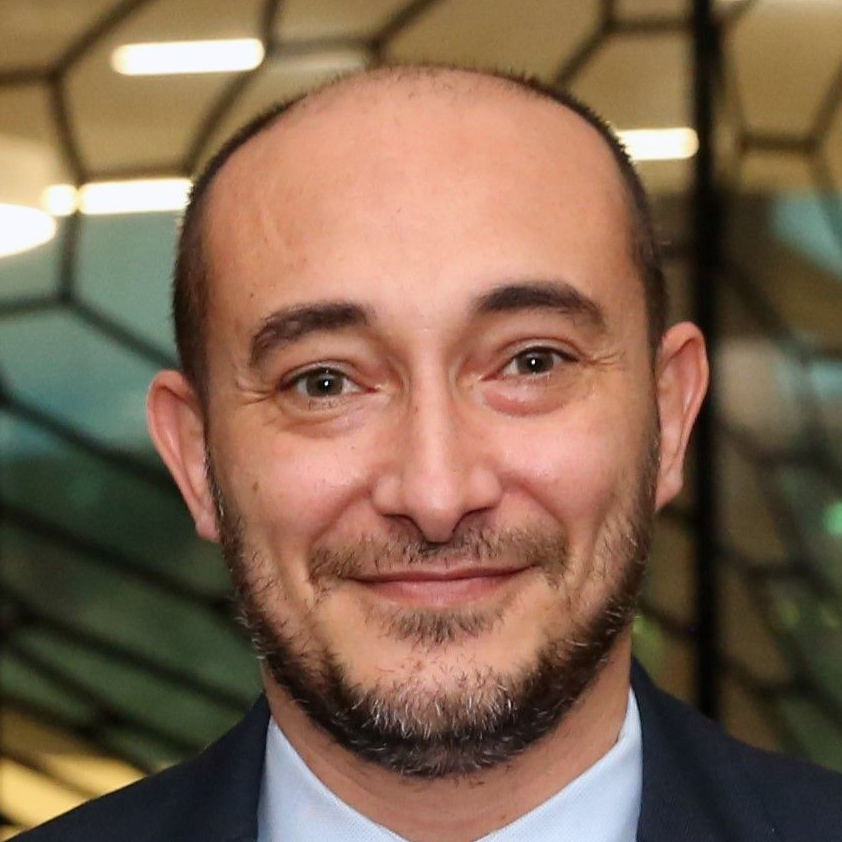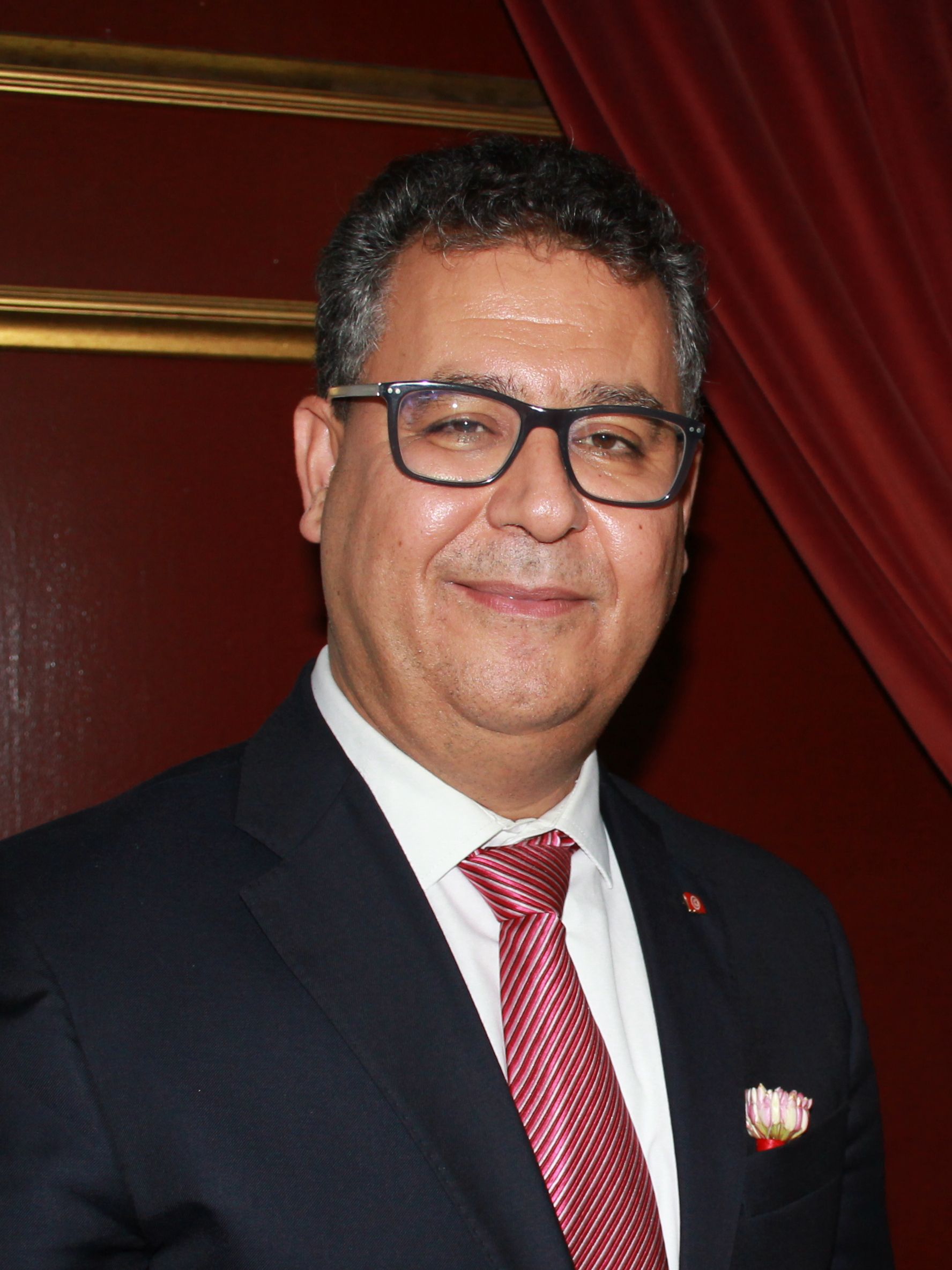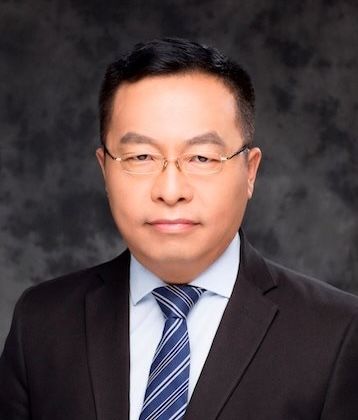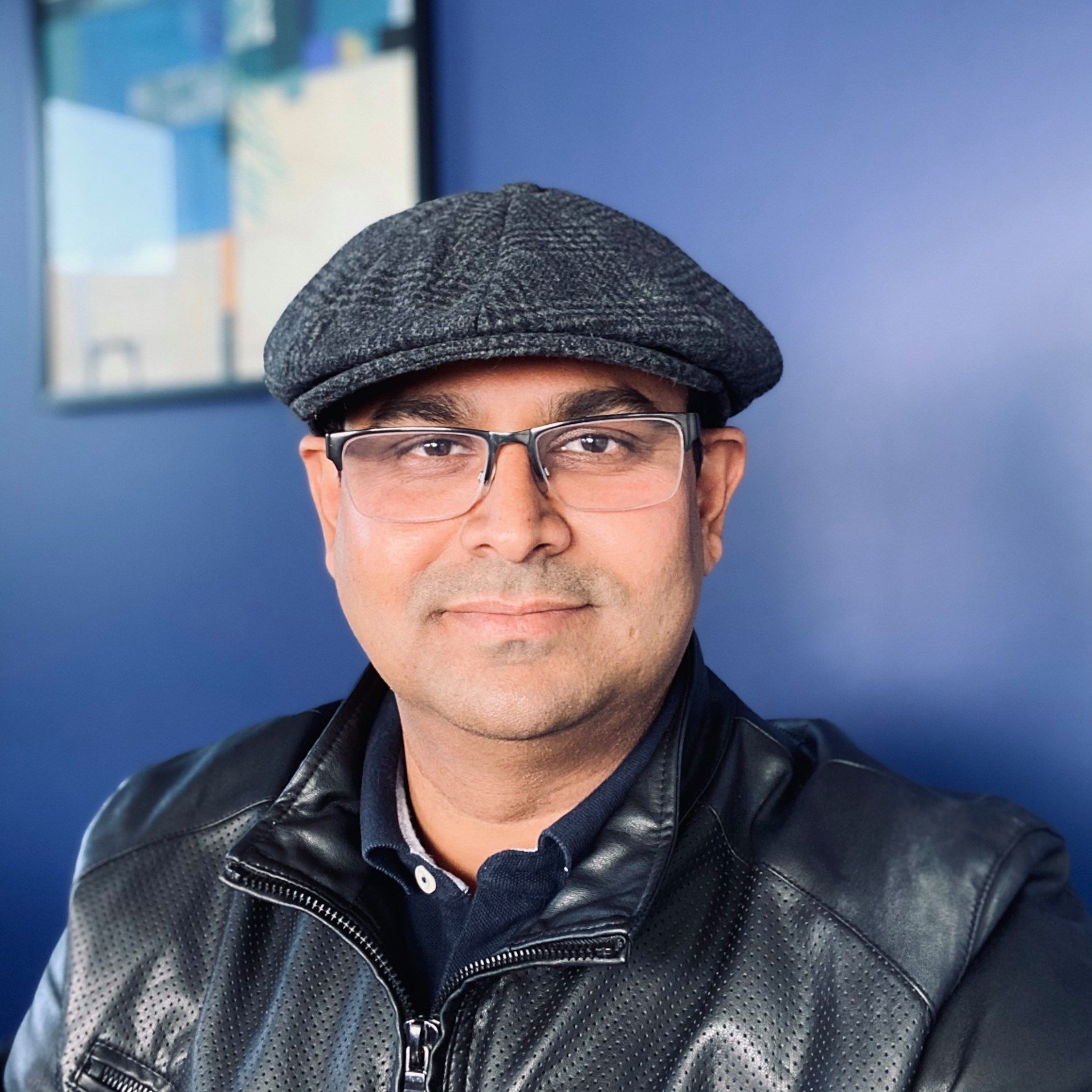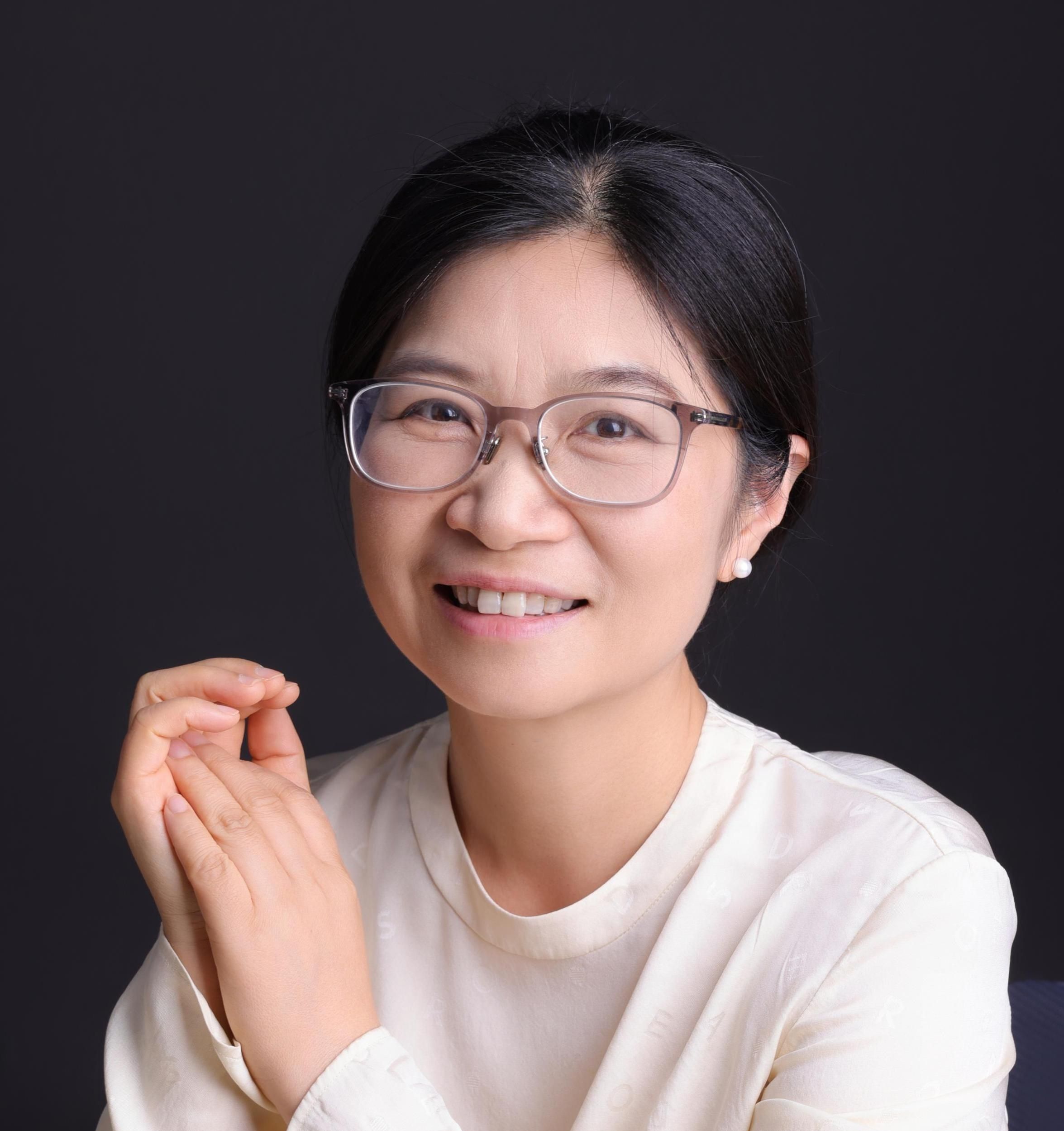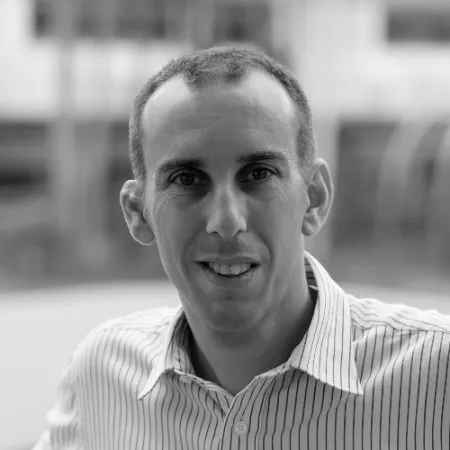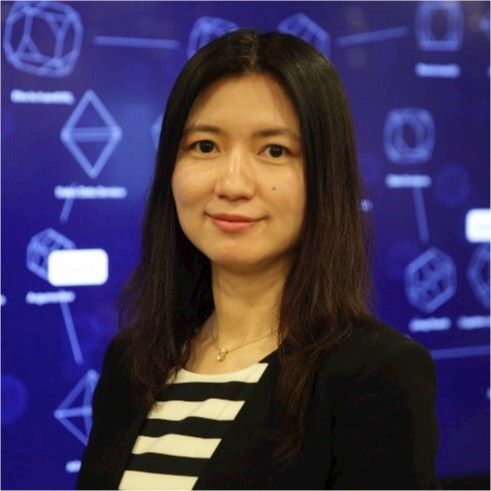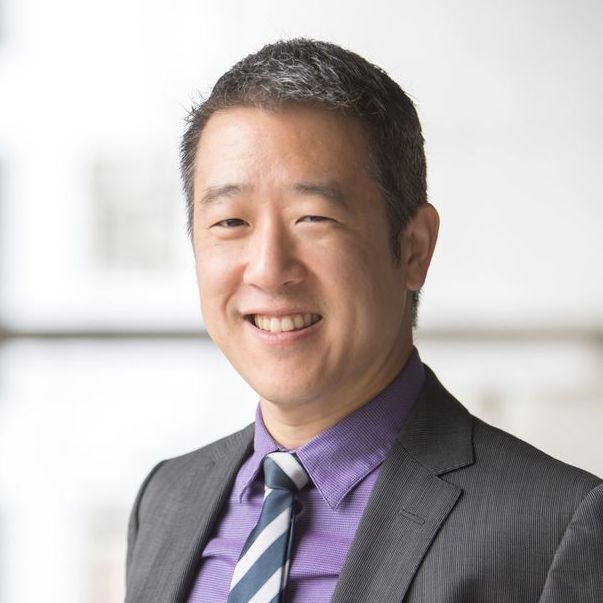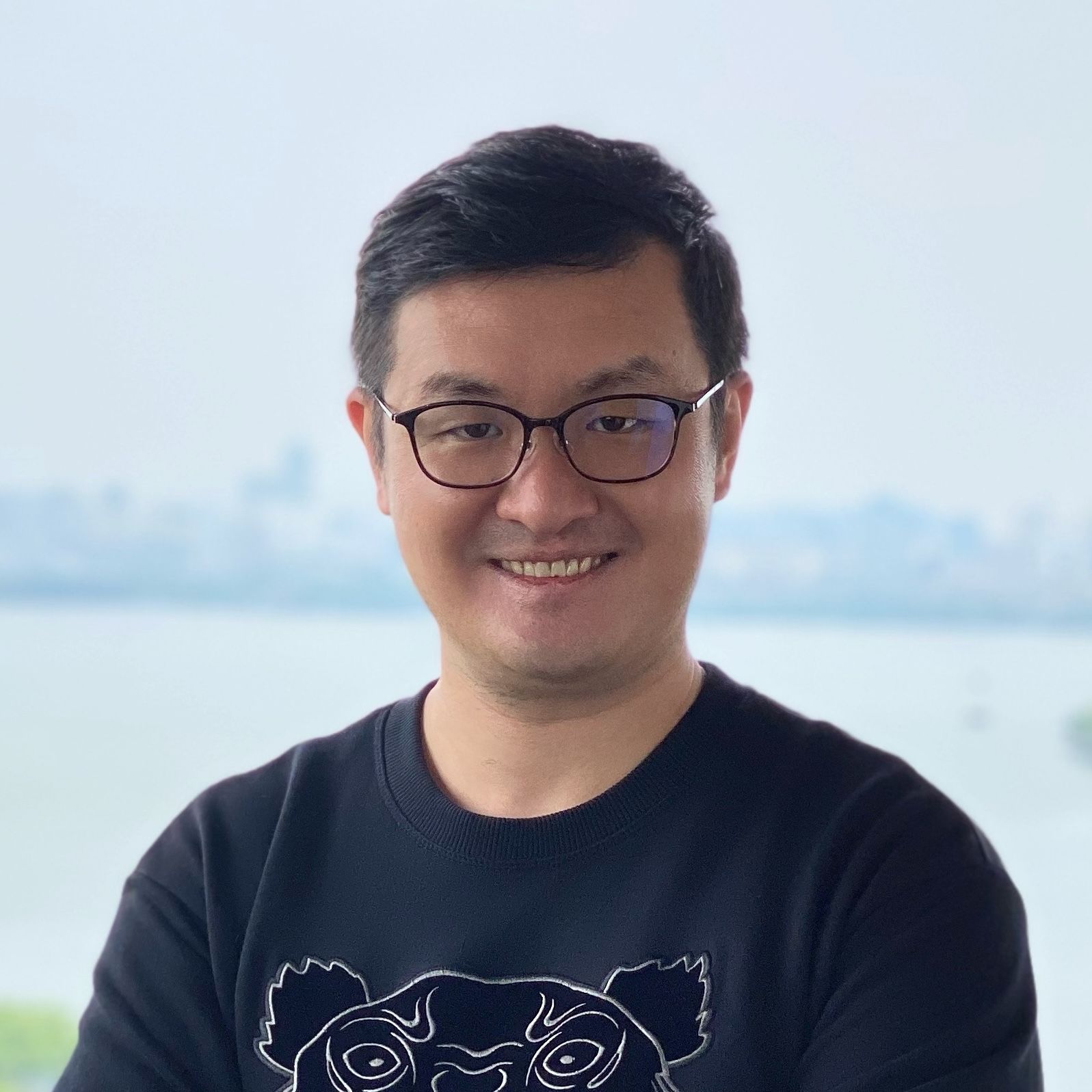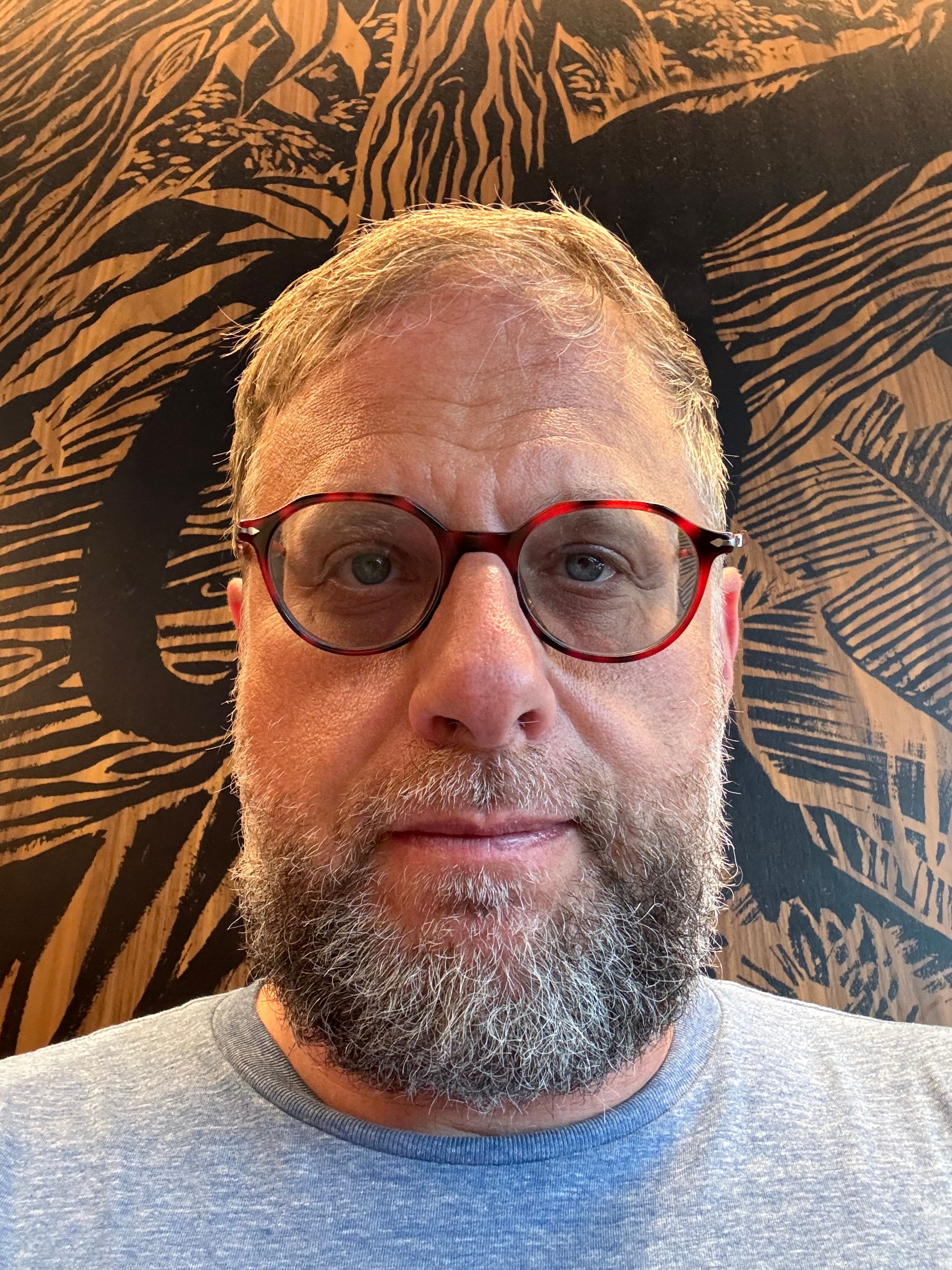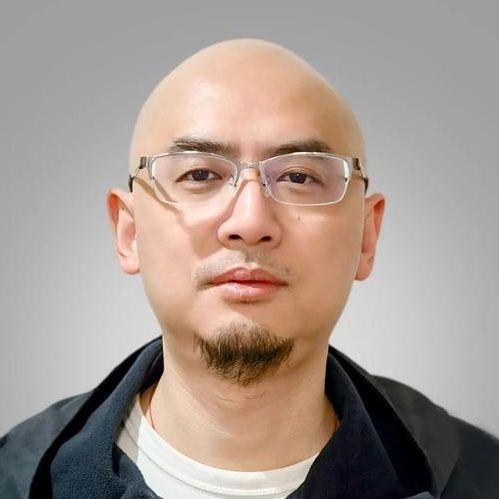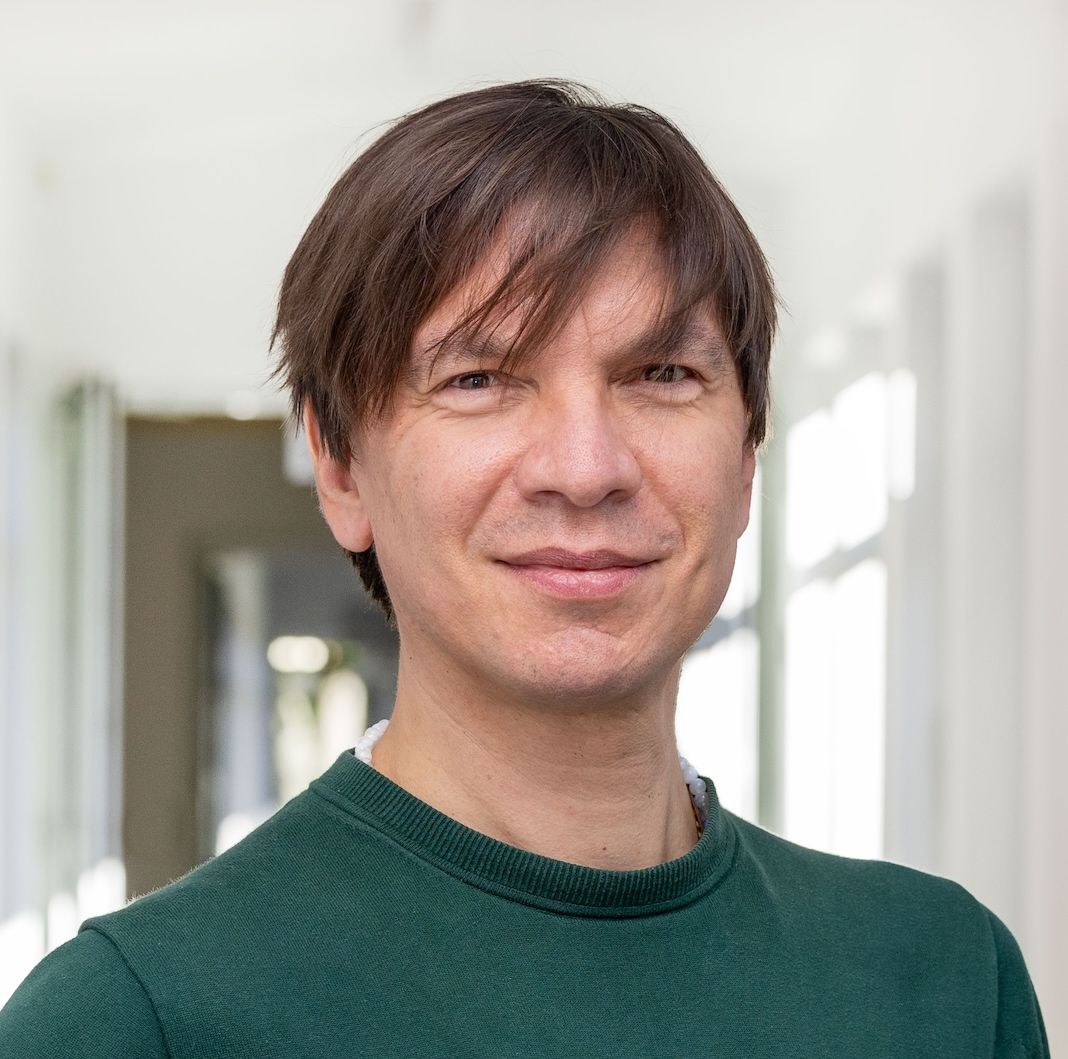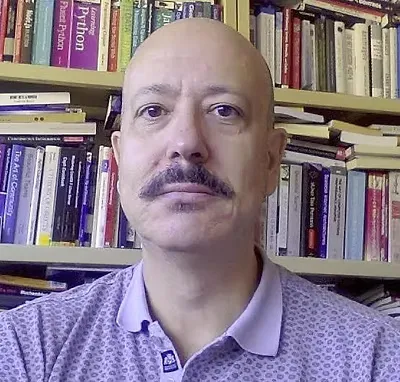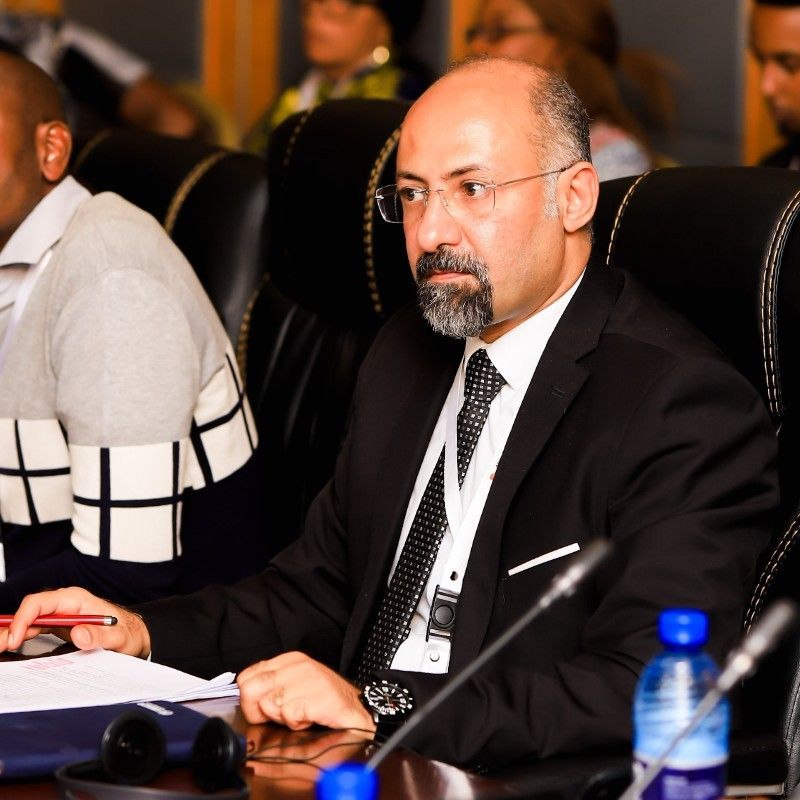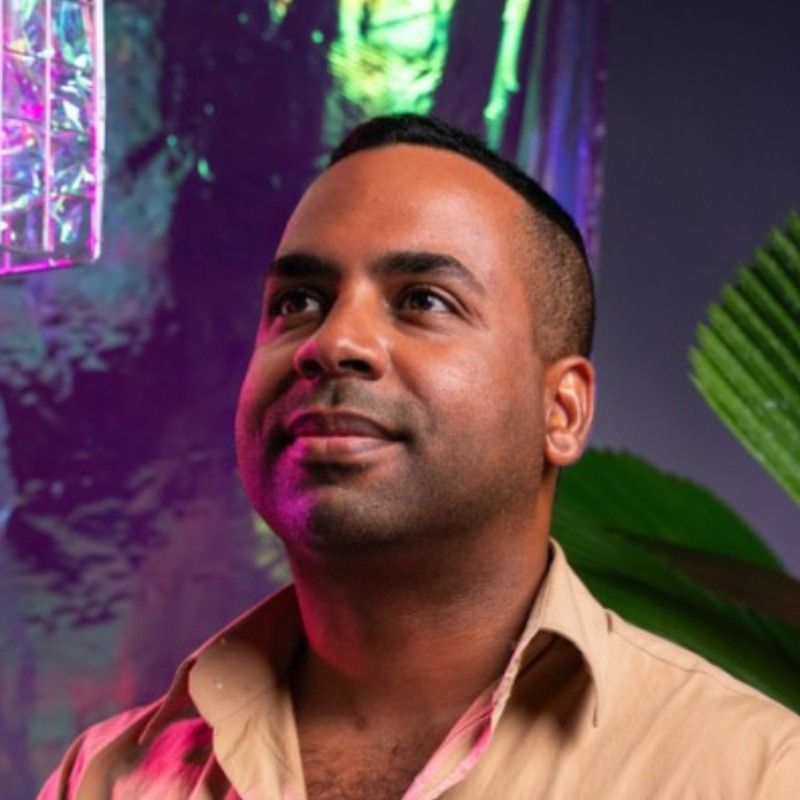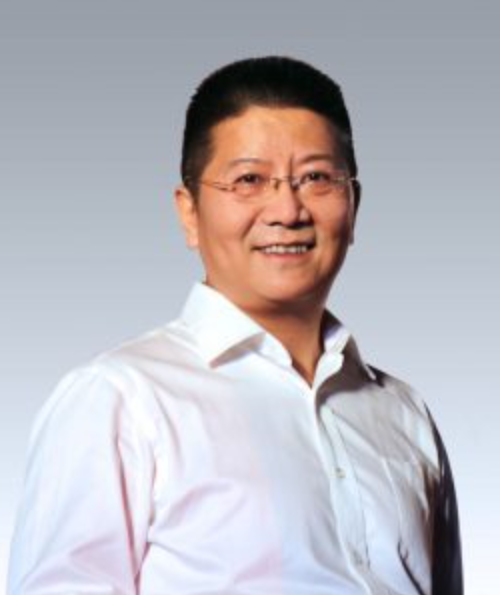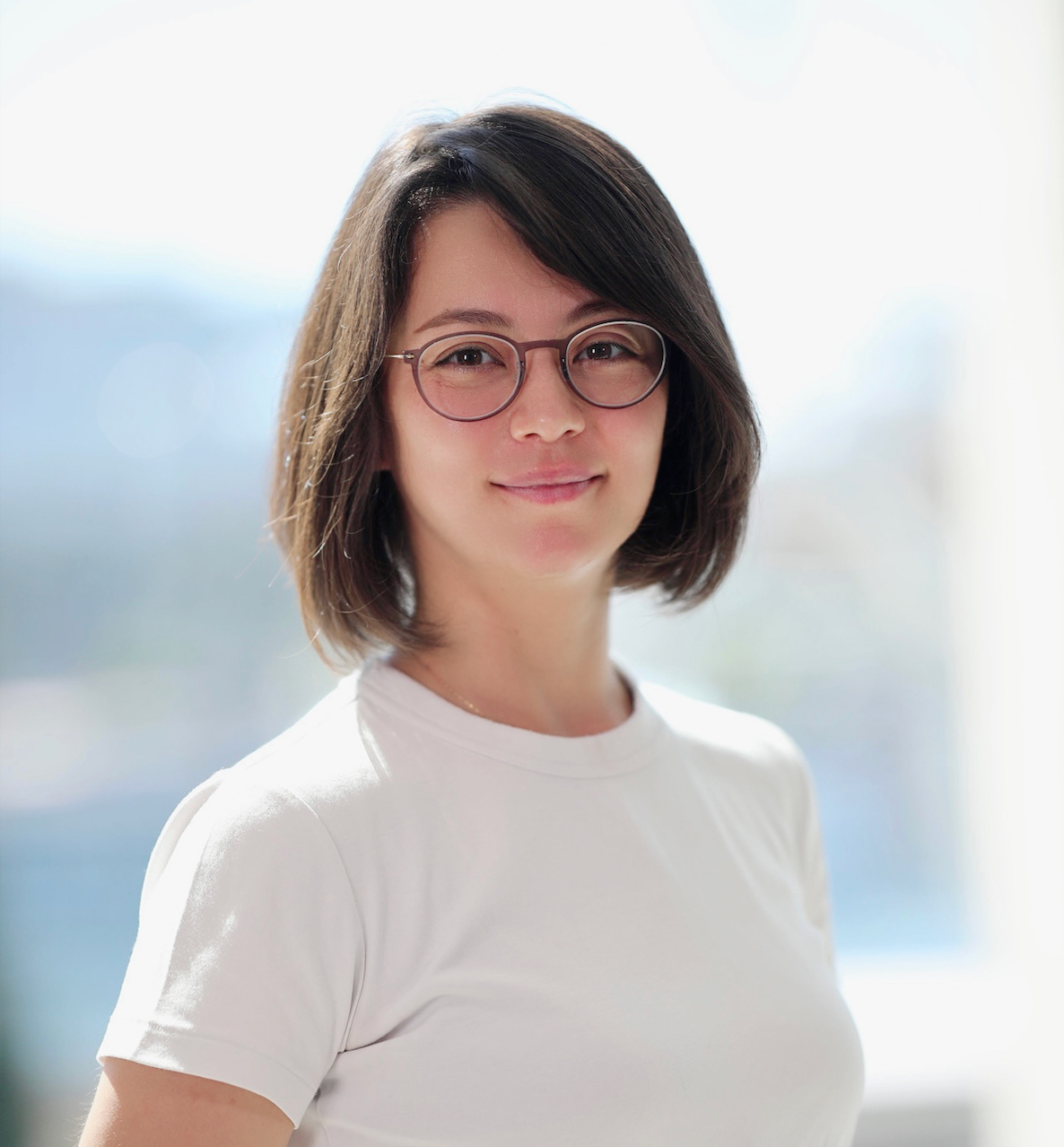Open for SDG Conference
September 13, 2025
Hangzhou, China
Co-organized by:


Thanks for attending the Open for SDG Conference The Open for SDG Conference brings together UN experts, open source communities, standards organizations, technologists, academic and research experts, and public and private sector innovators to tackle global challenges. Together, we explore how open collaboration can drive progress on the United Nations Sustainable Development Goals (SDGs)—from climate action to digital inclusion. This is a call to co-create open source solutions with an AI focus, build global collaboration, and turn shared vision into action.
Featured Speakers
Conference Themes
Explore how open-source technologies can accelerate progress toward specific SDGs
Open Data for the UN SDGs
Sharing case studies on public healthcare data and brainstorming an open data initiative to support global collaboration and accelerate progress on the UN SDGs.
Open Policy for the UN SDGs
To explore how UN can effectively engage with open source communities and projects to accelerate progress on its SDGs. The session will focus on defining the policies, processes, and governance mechanisms required to enable open source contributions in a secure, transparent, and impactful way.
Open Science for the UN SDGs
To explore how Open Science—grounded in principles of transparency, collaboration, and accessibility—can be harnessed to accelerate progress toward the UN SDGs.
Future AI for the UN SDGs
To explore the future of AI in the context of the UN SDGs. Together, we will examine how to design, deploy, and govern AI systems that are inclusive, responsible, and aligned with the world's most urgent priorities.
Show & Tell
Spotlighting sample use cases and open source projects suitable for the UN SDGs.
Open Source & the UN Sustainable Development Goals
Achieving the 17 Sustainable Development Goals requires scalable, affordable and inclusive digital solutions. Open-source projects – ranging from software and data sets to artificial intelligence models, standards and content – form the backbone of what the UN calls digital public goods. These shared resources unlock innovation and equity by allowing anyone to build upon and localize proven technologies. The Office for Digital and Emerging Technologies notes that investing in open-source software, open data, open AI models, open standards and open content is key to achieving UN SDG.

Supporting Organizations
This conference is made possible through the collaboration of leading organizations committed to open-source innovation and sustainable development.
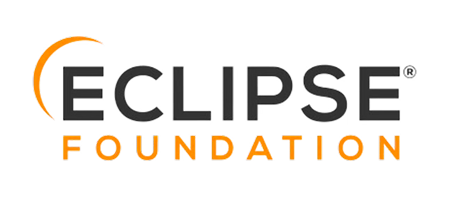


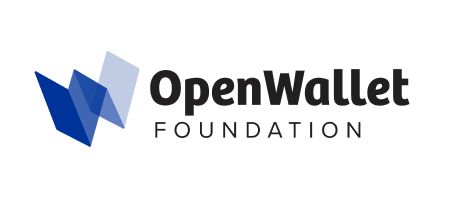
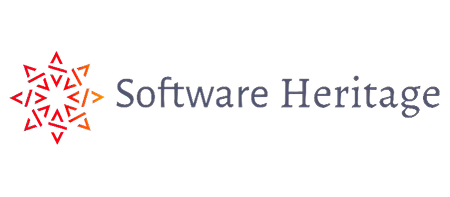
The Venue
Hangzhou Platinum Hanjue Hotel (West Lake District)
Hangzhou, China
Hangzhou, a city with over 2,200 years of history and once the capital of the Southern Song Dynasty, stands as a monument in Chinese cultural and artistic history. Today, it has evolved into a global hub for open-source AI enterprises, fostering a vibrant AI innovation ecosystem and world-class research institutions. This makes it the ideal choice for GOSIM - bringing together the world's leading open-source projects to explore broader global collaboration and discover how open-source technologies can tangibly improve human welfare and contribute to achieving the UN Sustainable Development Goals.
Expected Outcomes of the Conference
We aim to identify impactful collaborative projects and present a progress report at the 2026 UN OSPOS for Good conference at the UN Headquarters in New York.
Open Contribution Framework
Establish a clear framework to guide and encourage open source contributions aligned with the UN SDGs, and create pathways for individuals and organizations to engage meaningfully.
Open Data for SDG Impact
Launch an Open Data Initiative to promote access to and use of open data in projects that advance the UN SDGs, enabling evidence-based innovation and collaboration.
Global Collaboration for SDG Action
Mobilize the global open source, standards, and academic and research communities to exchange ideas, identify impactful initiatives, and collaborate on open projects that directly support SDG targets.
